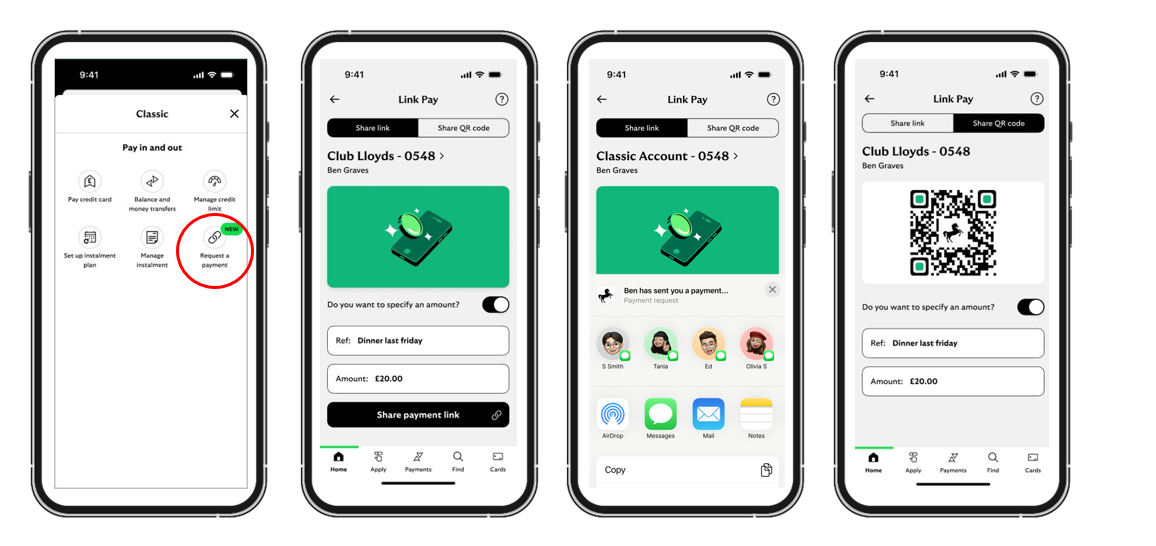Rabobank has rolled out new technology to improve its internal efficiency and customer experience.
The technology, developed by Camunda, will provide advanced workflow capabilities to the Netherlands-headquartered bank, which it claims will streamline both internal operations and customer-facing processes.
Additionally, Rabobank will be using the new tool to ensure compliance with data protection regulations to minimise the risk of exposing sensitive customer data.
Rabobank also said it will implement the technology in its payments process, where it will be embedded in the sales journeys for current accounts.
“At the moment our front-end is taking care of a lot of the orchestration of our sales architecture, when we need to make a change in our user interface, it can take quite some time, because a lot of business logic is integrated in the front-end,” said Louwris Wernink, IT lead payment at Rabobank. “Moving this logic and orchestration to Camunda will simplify our front-end, and with that, decrease our time to market.”
In July, Rabobank announced a partnership with SaaS core modernisation and transformation provider Zafin to upgrade its pricing, billing, and invoicing capabilities.
The partnership was part of the bank’s efforts to expand its tech capabilities with a focus on consolidating its retail and corporate customer offering.
Latest News
-
Gemini to cut quarter of workforce and exit UK, EU and Australia as crypto slump forces retrenchment
-
Bank ABC’s mobile-only ila bank migrates to core banking platform
-
Visa launches platform to accelerate small business growth in US
-
NatWest to expand Accelerator programme to 50,000 members in 2026
-
BBVA joins European stablecoin coalition
-
eToro partners with Amundi to launch equity portfolio with exposure to ‘megatrends’
Creating value together: Strategic partnerships in the age of GCCs
As Global Capability Centres reshape the financial services landscape, one question stands out: how do leading banks balance in-house innovation with strategic partnerships to drive real transformation?
Data trust in the AI era: Building customer confidence through responsible banking
In the second episode of FStech’s three-part video podcast series sponsored by HCLTech, Sudip Lahiri, Executive Vice President & Head of Financial Services for Europe & UKI at HCLTech examines the critical relationship between data trust, transparency, and responsible AI implementation in financial services.
Banking's GenAI evolution: Beyond the hype, building the future
In the first episode of a three-part video podcast series sponsored by HCLTech, Sudip Lahiri, Executive Vice President & Head of Financial Services for Europe & UKI at HCLTech explores how financial institutions can navigate the transformative potential of Generative AI while building lasting foundations for innovation.
Beyond compliance: Building unshakeable operational resilience in financial services
In today's rapidly evolving financial landscape, operational resilience has become a critical focus for institutions worldwide. As regulatory requirements grow more complex and cyber threats, particularly ransomware, become increasingly sophisticated, financial services providers must adapt and strengthen their defences. The intersection of compliance, technology, and security presents both challenges and opportunities.
© 2019 Perspective Publishing Privacy & Cookies













Recent Stories